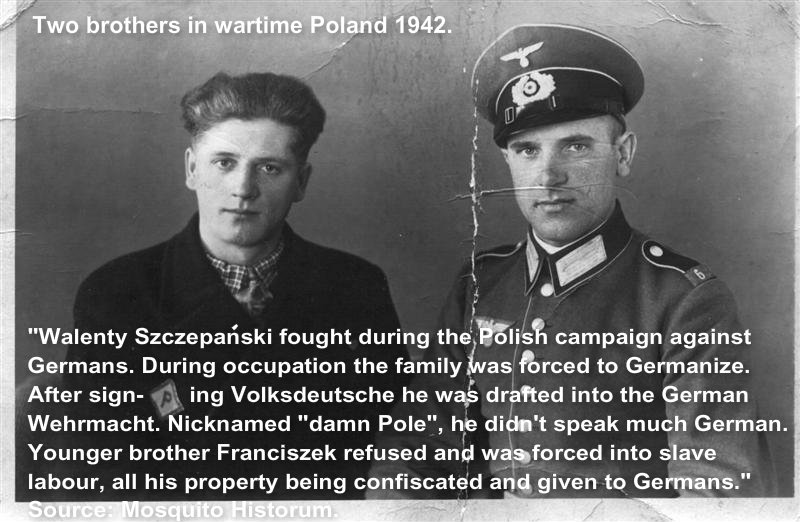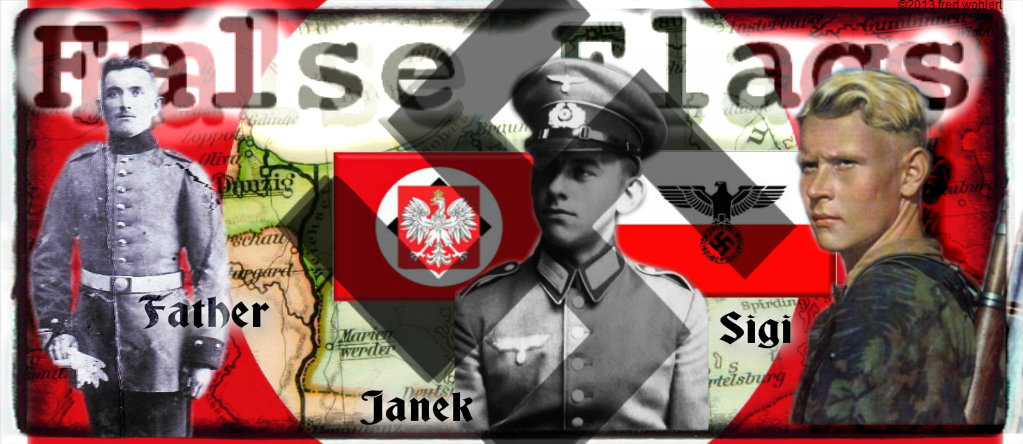John Trelow
14 Mar 2014
History / Polish conscripts to German army [132]
No sorry I have no details. In Axis History forum someone named Somosierra mentioned it without a source.
You say my grandmother must have been a strong woman. Yes she was in many ways. But I want to say this goes for many families and both genders of her generation in those troubled years. The ethnic divide surfaced not only with WWII. After WWI the Germans were not wanted in the new Polish State and Polonization was executed. Germans lost their jobs, German schools closed, many emigrated, and the others adapted. But I think the people in the interwar years had other basic worries. The war and great epidemic flu had cost many lives, the harvests, a daily meal, building the Polish state, were more important than neighboring ethnics. From 1930 to 1936 the Great Polish Depression brought lots of misery and poverty. A potato is a potato one can eat, regardless where it comes from. When Hitler began to focus on Poland for "Anschluss Danzig" and "Lebensraum" both the German and Polish propaganda machines unleashed the old hatred. We have seen this so many times in history and still today. Before any war starts, tensions and hate for "the enemy" are fed by each side. Nobody goes to war without an enemy.
No sorry I have no details. In Axis History forum someone named Somosierra mentioned it without a source.
You say my grandmother must have been a strong woman. Yes she was in many ways. But I want to say this goes for many families and both genders of her generation in those troubled years. The ethnic divide surfaced not only with WWII. After WWI the Germans were not wanted in the new Polish State and Polonization was executed. Germans lost their jobs, German schools closed, many emigrated, and the others adapted. But I think the people in the interwar years had other basic worries. The war and great epidemic flu had cost many lives, the harvests, a daily meal, building the Polish state, were more important than neighboring ethnics. From 1930 to 1936 the Great Polish Depression brought lots of misery and poverty. A potato is a potato one can eat, regardless where it comes from. When Hitler began to focus on Poland for "Anschluss Danzig" and "Lebensraum" both the German and Polish propaganda machines unleashed the old hatred. We have seen this so many times in history and still today. Before any war starts, tensions and hate for "the enemy" are fed by each side. Nobody goes to war without an enemy.


